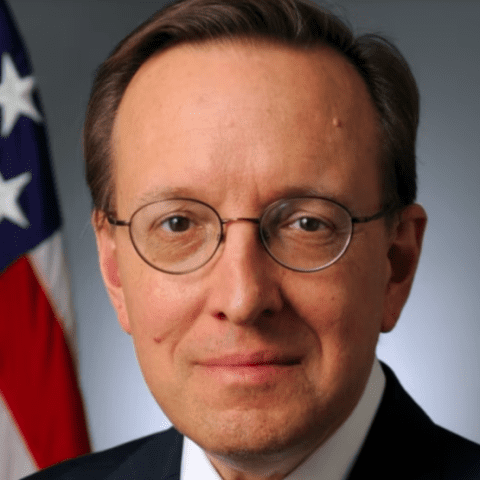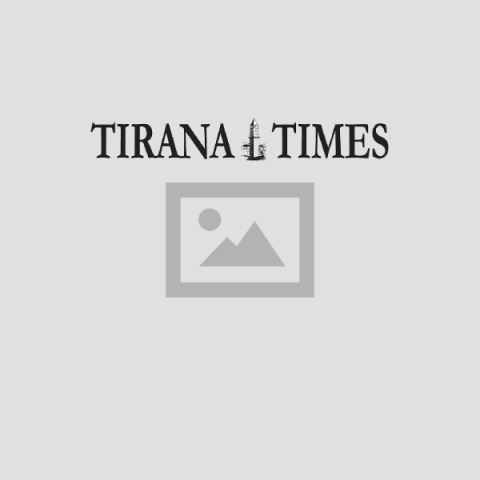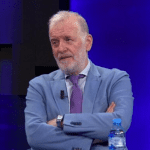You may have not heard of this, but there is a new State Agency for Innovation and Excellence in Albania. This was a collaborative effort from multiple international and domestic actors. Of note is the EU4Innovation program, which may have served as an important catalyst for this mobilization towards innovation that we’re seeing in Albania. On paper, this new agency is a wonderful development for our country: more support for innovation, more startups, more youth empowerment, etc. Like many things in Albania, however, what’s being shown as a wonderful development on paper is often at odds with the reality in practice. Albania has a ‘talent’ when it comes to showing one thing and doing another. This is easier to do when those of the developed world—say the EU, for instance—have a fundamentally different understanding of how our respective societies function. More on that at the end.
I, for one, am very sceptical of this new agency. Immediately so, because it’s a state agency. That’s primary. I mean, let’s not forget that one particular state agency recently managed to defraud both the Albanian people and the EU. They are not to be underestimated. More on this, too, a little later. But besides my scepticism that may stem from personal bias, let’s look at the facts, shall we? The first thing that I want to bring up is who this agency is recruiting. If you make your way to the agency’s website, all the way to the right at the ‘Careers’ section, you can see what types of roles have already been filled. These roles stuck out to me. The agency had hired ‘experts in consulting’ from different fields. In fact, consulting seems to be one of the responsibilities that all onboarded employees share. Take a closer look, if you will, and you’ll find that the criteria for employment note that ‘experts’ of consultancy were required to have ‘no less than one year of work experience in the public administration or the private sector.’ One year? I hear you asking. Yes, that’s a great point. How can someone with one year of work experience advise anyone? On anything? Let alone advise someone on how to build and scale a business? The very implication is absurd.
Another thing that bothers me is the actual role of ‘consultant.’ Here’s that personal bias again, but I can’t seem to help it: consultancy may be the most redundant profession on the planet. This is especially true in the realm of entrepreneurship. I mean, if the goal of the new innovation agency is to consult persons with entrepreneurial aspirations on how to apply for, say, EU grants like the recent Challenge Fund (I’ve been told that this is one of their aims), then there’s no reason for this agency to exist at all! I personally have applied for the second call for proposals of the Challenge Fund (no answer yet), and let me tell you, if you need to be consulted on how to apply for a grant like this, then turning your idea into a successful business may simply not be very realistic. Figuring out how to apply for grants is the bare minimum. I mean, you have Google, right? You have access to all of humanity’s knowledge at your fingertips, right? Entrepreneurship is all about finding solutions to an unexpected problem, finding clever workarounds so that you can make things work. You can’t consult someone to the point that they develop that instinct; you get that instinct yourself.
The other thing is that consultancy is an especially ridiculous concept in Albania. I urge you to think back to the IPARD scandal that unfolded some time ago, where something like 112 million euros (mainly from the EU) were misappropriated by the State Agency of Agriculture and Rural Development (AZHBR). The main mechanism through which those EU funds were embezzled was a privately owned consultancy company. Isn’t that something? In some cases, this company would require applicants to cough up an upfront payment of 30% of the grant money for the service of consulting. Isn’t that something? I know of farmers who had to get loans from the bank just so they could pay the consulting fee, and they would still not get the grant. Isn’t that something? What if this new agency requires a fee for its services too? Where will these young innovators find the money? From friends? Family? The bank?
It is very difficult for me to imagine a scenario where employees (with a year or two of work experience) would advise aspiring entrepreneurs on how to build successful businesses without charging a fee, especially in Albania. To me, the only difference between the consultancy company that embezzled EU funds during the IPARD scandal and the new Agency for Innovation and Excellence is that now the consultancy comes from the state, not from the private sector. I wonder, though: do any Albanian citizens seriously believe that because this consultancy agency in Albania is state-owned, it will be enough to prevent the misappropriation of resources? Can anyone forget that the IPARD scandal was borne from a state agency? I certainly cannot.
As a side note, I want to mention that I actually met one of these ‘consultants’ who would work in the new innovation agency. It was an informal setting. Now, I may not know this person, but I usually have a good instinct for people. What I felt as I was standing in front of this person was a feeling of being in the presence of someone who did not care about innovation, someone who did not care about the hopeful youth of Albania. I felt that this person cared about their position and their own self-importance. This is an all-too-familiar feeling for me, one that creeps up whenever I talk to this or that minister of whatever. I am somewhat tired of this being the archetype in my country: people who don’t care. And I am distraught that a person who rouses these feelings in me is in this position. What’s worse, though, is that the person I talked to noted that some 10+ consultants made up the new agency—people around my age (26). I can’t verify this, but if it’s true, then the future of this agency is sinister indeed.
To add to that, I want to speculate on this sinister future. If this new agency goes in a similar direction to AZHBR—which, as history dictates, will most likely be the case—then the last shred of hope that remains in Albania is under attack at this very moment. The only hope that my country has, as I see it, is the youth that despises how this country is being run today; the youth that aims to do something good for Albania; the youth that believes in doing things the right way, that believes in morality, and that aims for change. I fear that this agency is an attempt to tear the hope from these very people. Isn’t that tragic? The Challenge Fund that I applied for (again, no answer) had grants from 10-30 thousand euros. That is such a measly amount. It’s nothing compared to what is normally sent Albania’s way. Are they going to try and take that paltry amount too? The thought alone is bone-chilling. It’s blood-curdling. It’s enough to make one cry out—or write an article, or something like that.
As a final thought, I hope this piece can find its way into the hands of some EU delegates. These people need to understand that our respective worlds are vastly different. Albania, as it is today, thrives and depends on disorganization, fragmentation, and obscurity. This is what makes it easy for our country to take up the marking of progress while preying on its citizens. The things that are taken for granted in countries like Germany—like the state doing its part in healthcare, education, and the like—are not a given in Albania.
If the EU, for instance, wants to truly help, then it should go to the people directly. The Challenge Fund is a great start in this direction. If the EU wants to do more, they can sponsor trips to Station F in Paris, the world’s largest startup campus; to Seedcamp in London; or Norrsken House in Stockholm. Don’t leave the hope of this country at the mercy of predatory agencies; rely instead on centres with a strong history of success. Imagine what these youngsters could learn there, and what they could bring back. And most of all, don’t imagine that state actors are allies to the youth that pursue change.









